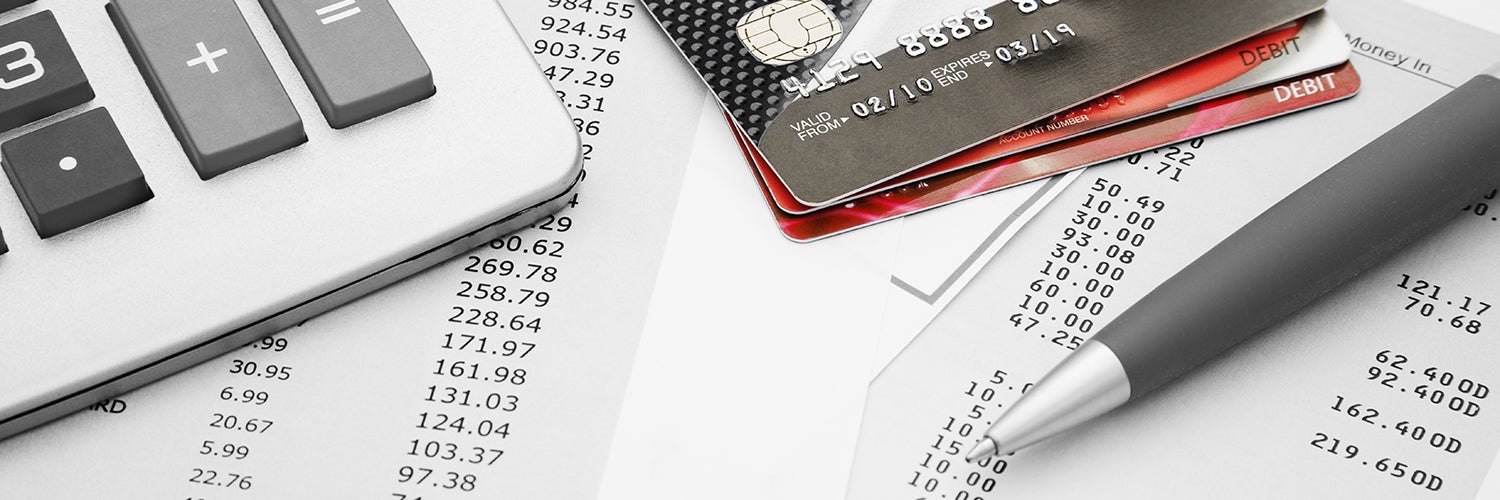
Disclosure regarding our editorial standards.
Most people would love to invest—and invest wisely—but figuring out what to invest in can be tricky. Understanding the big picture and the types of financial markets involved can help you better know where you should put your money. Find out more about the financial markets here.
What Is a Financial Market?
A financial market is where people buy and sell financial assets such as stocks, bonds, insurance and commodities. These markets can be physical, virtual or a combination of both. For example, the New York Stock Exchange (NYSE) has a physical location where trading happens, but you can also buy and sell on the NYSE via digital means.
Common traits of financial markets include:
- Buyers
- Sellers
- Specific predefined assets
- Value transactions
- Rules and regulations to govern how all these things are handled
The Different Financial Markets
When they hear “financial market,” most people think of the stock market—you might have even thought specifically of the New York Stock Exchange before we mentioned it. That’s in part because these types of markets are so heavily represented in pop culture such as movies and television.
In reality, there are many types of financial markets, and they all exist in a complex relationship with each other. Some of the more common types of markets are summarized below.
Capital Markets
Technically, capital markets are any markets that involve the movement of capital from entity to entity, usually with those who have capital providing it to those who need capital in exchange for some value. Stock markets and bond markets are both examples of capital markets.
For example, in the stock market, public companies sell shares in their stock. They do so to raise capital for the purpose of growth, covering business expenses or generating a profit. Investors who have capital provide it by buying shares. Later, the company pays capital back—plus earnings—to those investors.
Typically, capital markets are better positioned to support long-term wealth building in a diversified portfolio. Okay, that’s a lot of financial jargon—it simply means that you don’t want to put all your eggs in the same basket, and you don’t want to count on a fast return, though it sometimes does happen.
Money Markets
Money markets developed as money became a commodity. When you invest in money markets, you’re usually investing in the value of a currency or in the chance that debts will be paid back with appropriate interest.
Money market investments are typically considered short-term, and the risks really depend on what type of investment you’re making. For example, placing cash in a certificate of deposit (CD) is generally considered a relatively safe investment, although the returns are not high.c
Futures Markets
When you invest in the futures market, you’re investing in an asset or commodity in the future—but you’re agreeing upon a price today. The goal as an investor is to agree to a price that leaves you with a profit in the future.
Futures markets can be complicated and sometimes unstable, because the value of commodities can take quick turns related to a variety of factors. Political, environmental and even cultural changes can mean sudden shifts in these markets that are hard to predict.
Many people who want to invest in the futures market but aren’t well versed in economics rely on financial advisers.
Commodity Markets
Commodity markets involve the buying and selling of primary products, such as raw materials. Some examples of commodities that can be traded include oil, beef and gold. One of the major differences between commodity markets and futures markets is that commodity markets trade on the current value.
Some commodities tend to perform in a stable manner, and others historically trend opposite of capital markets. That’s because when economic shifts cause stock markets to falter, many people turn to real goods for investing. Because of this, commodities can be a good addition to a portfolio that also has other types of investments.
Derivatives Markets
Assets on the derivatives markets are derived from something else. For example, you can purchase gold derivatives. Doing so doesn’t mean you own any gold—it means that you own an investment tied to the value of gold. If gold values go up, then you potentially make money on your investment.
Derivatives tend to be complex investments that are used to hedge or to speculate. Hedge literally means to hedge your bets—you invest in a derivative that performs opposite to your other investments. Speculate means that you invest in derivatives to see if other investing might be a good idea.
If your gold derivatives do well, you might invest in actual gold, which can be a more expensive investment.
Insurance Markets
Insurance markets are just that—markets in which you can purchase insurance products or invest in insurance. This includes annuities, which are insurance products that pay out an agreed-upon amount in the future.
Foreign Exchange Markets
You might have heard the term “forex.” That stands for the foreign exchange market, which is a market related to currencies. Forex determines what the exchange rate is for currencies.
You can invest in it because currency exchange rates are rarely 1:1, and they fluctuate. When you invest in this market, it’s done in pairs. You invest in currency A’s value against currency B’s. If currency A’s value continues to increase at a rate faster than currency B’s value, you can make money.
Why Are Financial Markets Important?
The financial markets are important because they provide a regulated, common space in which people and businesses can invest and trade. Most people aren’t going to invest in all the possible markets. But understanding the types of markets—and how your investments can relate to your credit and personal money situation—is good big-picture thinking as you’re planning for the future.






